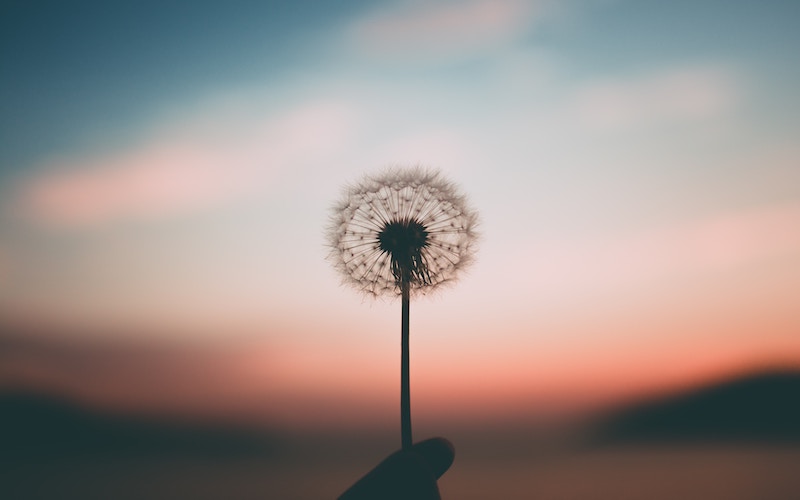Adjusting to Disruption: Travel, Time Zones, and Jet Lag
Episode #10 of the course Build your best day by Dr. Kimberlee Bethany Bonura
Thanks for joining me throughout the course! Today, we’re going to talk about travel and time.
Twice a year, we adjust our clocks in the middle of the night. The problem is that our bodies, ruled by nature and our circadian rhythms, don’t know the difference just because the time on our computers and smartphones pop forward (or backward) an hour. In fact, for the first few days after time shifts, heart attacks spike as much as 10%. It takes the body about a week to adjust to the new time schedule [1]. Fall is an easier adjustment, as we all get the benefit of sleeping in for an extra hour on that Sunday morning. Spring is harder, and experts suggest gradually adjusting your sleep and wake times by about ten minutes per day over a week, to give your body time to cope.
If you’re sleep-deprived, the time adjustment will hit you harder. Go back to earlier readings for a reminder about why you need a good night’s sleep of at least seven hours and suggestions to make sleep happen. When you’re adjusting to daylight savings adjustments, early morning light can be particularly important to help cue your body and set your circadian rhythms to match your schedule [2].
Years ago, before scientists had a full understanding of our bodies’ circadian rhythms, travelers thought that jet lag was just a state of mind. Now we know that our bodies’ circadian rhythms regulate a variety of physiological states, including our hormones and our internal temperatures, and that disrupting that schedule by hopping on a jet plane and shooting through several time zones can wreak havoc on how we function [3].
Once you arrive in a new location, particularly if you’re staying for more than a few days, it’s helpful to immediately adjust your schedule to local time. If you arrive on a morning flight, get out in the sunlight as soon as possible and resist the urge to take a nap. Try to eat meals and go to bed on the local schedule. You will likely find it harder to go to bed if you’ve traveled eastward (to a later time zone) and harder to stay awake in the evening if you’ve traveled westward (to an earlier time zone). Sleep hygiene is particularly important, and you’ll want to avoid stimulants (such as caffeine) and depressants (such as alcohol) so you do not have multiple factors influencing whether or how you sleep [4].
You may also consider taking melatonin. A research review of multiple studies investigating the use of melatonin for jet lag found that between 0.5 mg to 5 mg of melatonin taken close to the target bedtime at the destination (and between 10 p.m. and midnight) was helpful for decreasing jet lag for individuals who crossed five or more time zones in their travels. Time-released melatonin was less effective, suggesting that taking a single dose absorption of melatonin is more effective for mitigating the effects of jet lag. The researchers note that melatonin may have negative effects on individuals with epilepsy or in interacting with prescription medications [5]. Generally, melatonin works best when you take it 30 minutes prior to going to bed [6]. Melatonin may improve sleep quality and onset when you’re adjusting to time zone changes, but you should discuss with your doctor to determine if melatonin is safe, based on your personal health and medication history. Overall, jet lag is a powerful reminder of our bodies’ internal rhythms.
Circadian rhythms—the natural 24-hour cycles of living organisms, influenced by the natural cycles of light and dark—impact us. Even with technology, electronics, and our capacity to ignore day and night and build our own schedules, the natural rhythms of the sun and moon impact our health and well-being. In order to build your best day, you must learn to work with your body.
Thank you for joining me for this ten-day journey. I hope that you will apply some of the strategies to improve your mornings, your evenings, your sleep, and your overall experience of your day. Remember that when you listen to the wisdom of your body, you can experience greater health and well-being. I hope that going forward, every day feels like your best 24 hours!
Recommended book
Other courses by Dr. Kimberlee Bethany Bonura
Mindfulness: Self-care for daily life
References
[1] Cleveland Clinic: “Daylight Saving Time: Four Tips to Help Your Body Adjust”
[2] WebMD: “How Sleep Is Affected by Time Changes”
[3] National Sleep Foundation: “Jet Lag and Sleep”
[4] WebMD: “Sleep, Travel, and Jet Lag”
[5] The Cochrane Database of Systematic Reviews: Melatonin for the Prevention and Treatment of Jet Lag
[6] Mayo Clinic: “Jet Lag Disorder”
Share with friends

